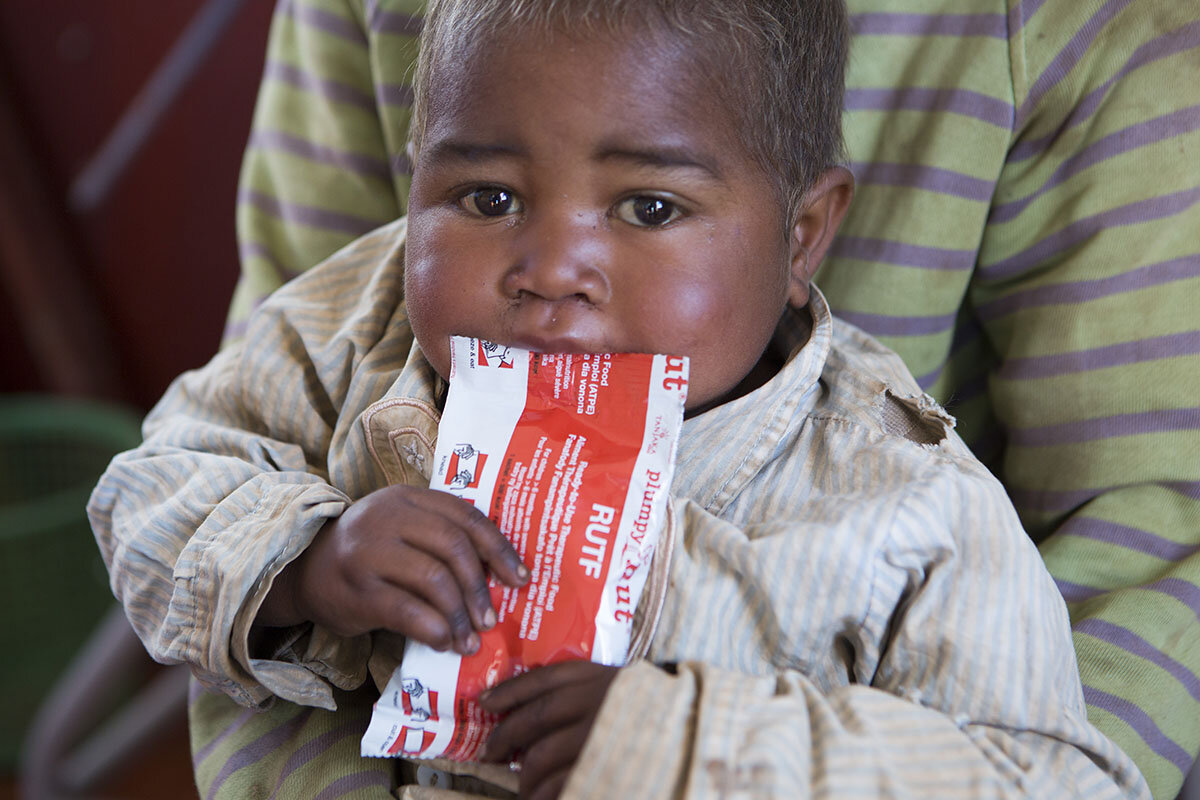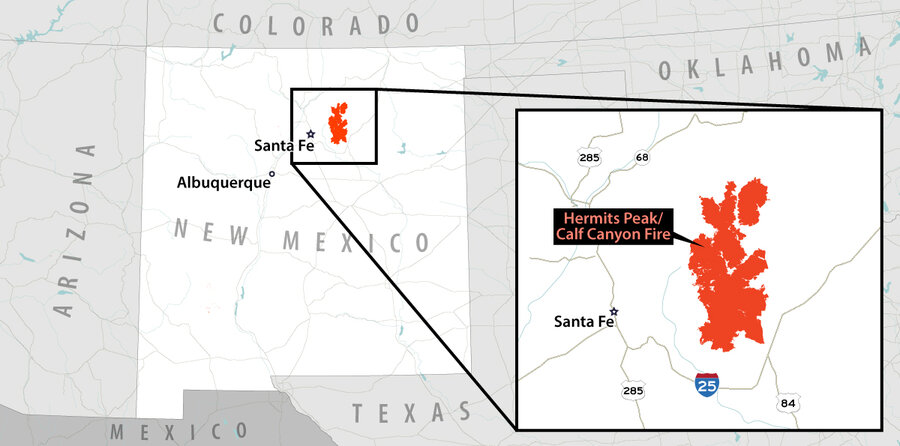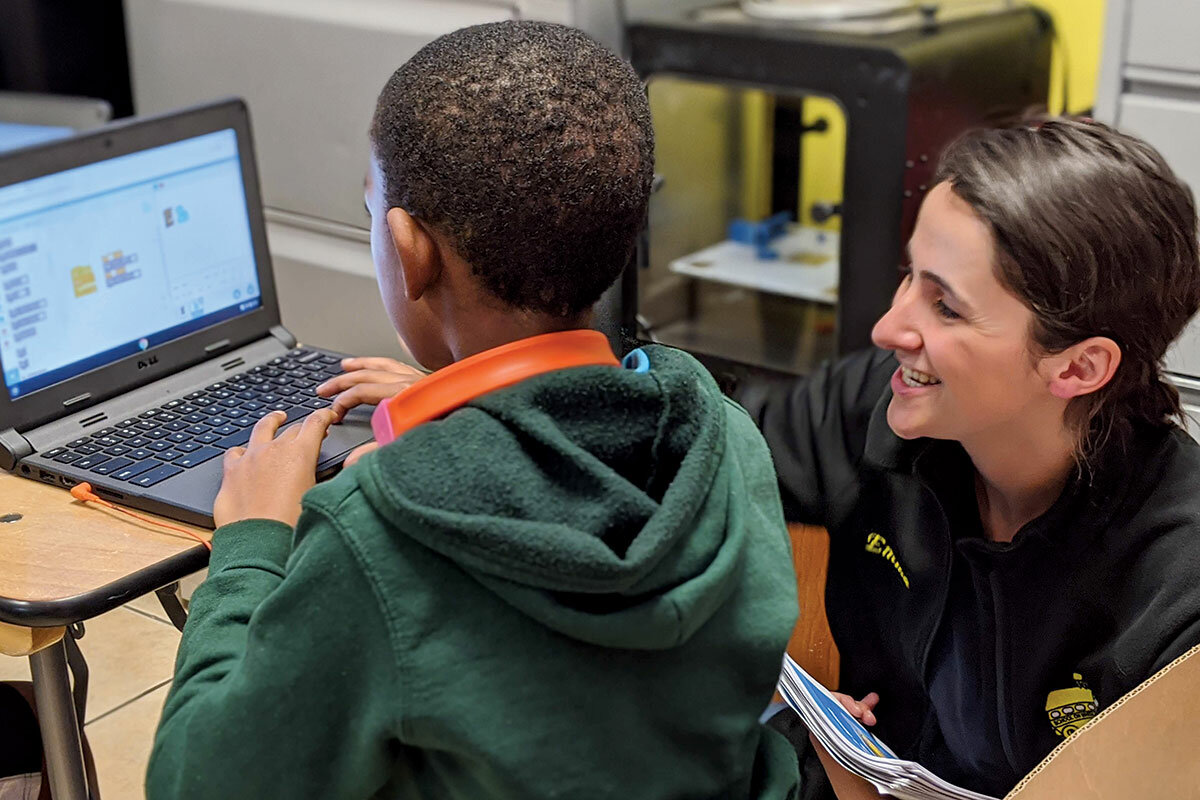Two presidents. Two investigations. Two very different eras. We talked to people involved in the 1973 Watergate hearings about today’s Congress and the pursuit of facts in the Jan. 6 Capitol attack.
Monitor Daily Podcast
- Follow us:
- Apple Podcasts
- Spotify
- RSS Feed
- Download
 April Austin
April Austin
People who love browsing in actual bookstores will be elated to learn that small, independent shops are thriving. And becoming more diverse. Pre-pandemic, the outlook for indies appeared bleak, with Amazon dominating the market. But among the silver linings of life in lockdown was a return to the printed word. “People wanted to rebuild their attention spans,” says Kate Layte, owner of Papercuts Bookshop in the Jamaica Plain neighborhood of Boston. She and her staff “curate a world-class collection of literature, books that we stand behind, voices we want to uplift, and books by historically underrepresented authors.”
The overall signs are encouraging. More than 300 new independent bookstores opened in the last two years, according to the American Booksellers Association. Sales have risen, too. Eighty percent of stores saw higher sales in 2021 than in 2020. The ABA is also seeing an uptick in the number of owners who are people of color. However, only 5% to 6% of the estimated 2,500 independent bookstores in the country are Black-owned.
It’s not easy for small stores to survive. “The business ebbs and flows,” says Carlos Franklin, owner of Black Stone Bookstore and Cultural Center in Ypsilanti, Michigan, which specializes in Black literature. He’s often had to pay out of his own pocket to keep the doors open, but he looks at it as a public service. “It’s a blessing to provide the community with knowledge,” he says.
Neighborhood support is key. In 2020, Ms. Layte had just moved from a 400-square-foot hole-in-the-wall to a space triple that size – and then the pandemic hit. A GoFundMe campaign and online sales kept her store afloat. Papercuts opened in its new location in May of 2020. Then, in April of this year, two cars crashed into the store’s front window (no one was hurt). The neighborhood swung into action again, raising money to make repairs. The shop, which Ms. Layte says is finally turning a profit, was able to reopen just days later.
She credits the neighborhood’s strong sense of shared literary history for keeping her store going. Booksellers “are the stewards of our spaces,” Ms. Layte says. “We’re in the service of the books and authors.”










